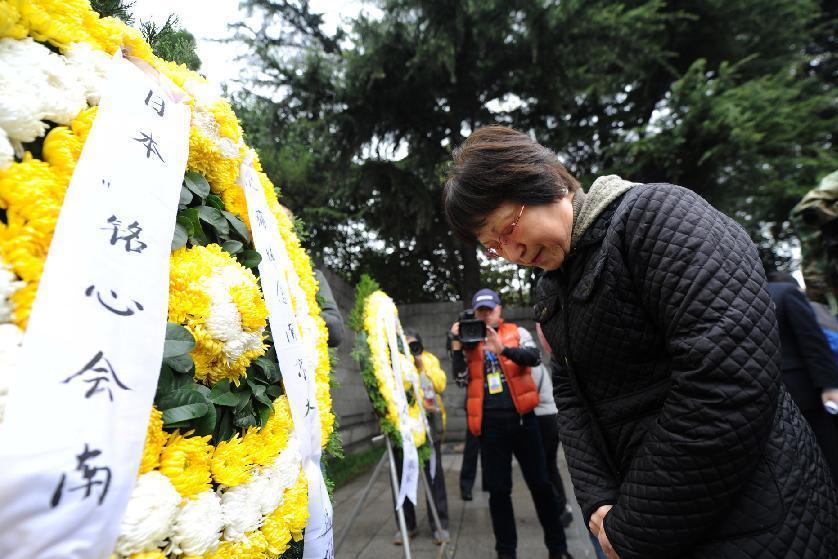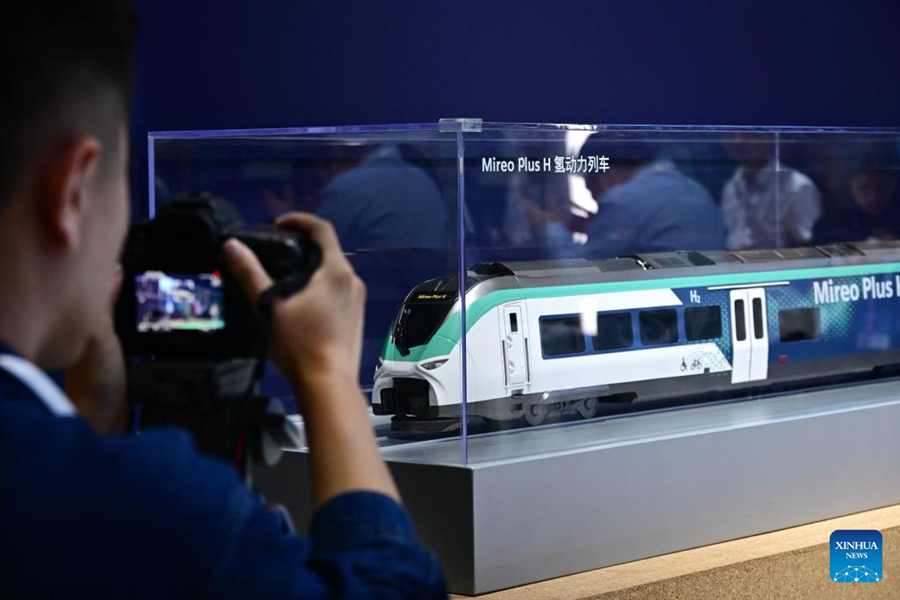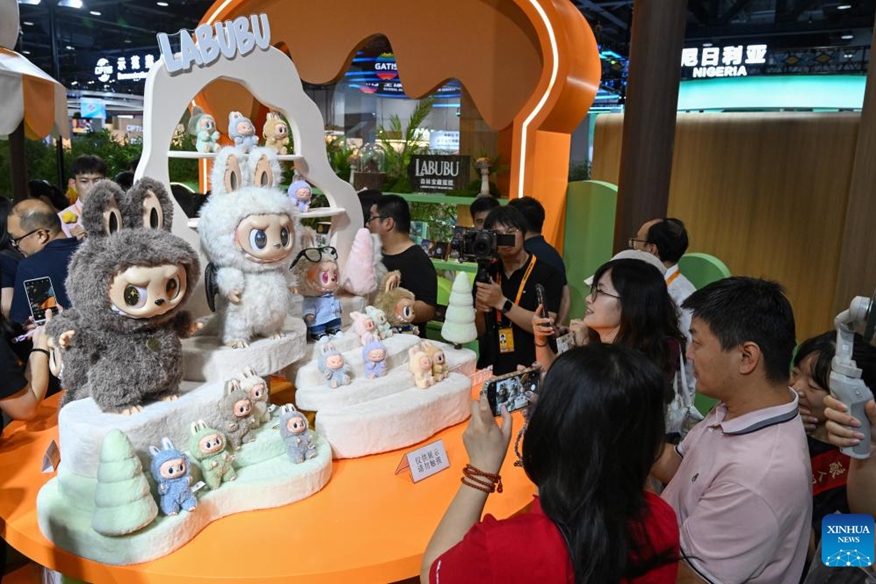Folk Apologies from Japan
Survivor of Nanjing Massacre Xia Shuqin lays flowers in front of a wall inscribed the name list of victims at the Memorial Hall of the Victims in Nanjing Massacre by Japanese Invaders on the Qingming Festival in Nanjing, capital of east China's Jiangsu Province, April 5, 2015. [Detail]
China's State Archives Administration is releasing the confessions of 45 Japanese World War Two criminals during the War of Japanese Aggression against China between 1937 and 1945, one a day.[Detail]
After the end of World War Two, when Japanese war criminals were apprehended and interrogated, they wrote confessions.[Detail]
A confession by Japanese war criminal Issaku Sugihara published on Saturday revealed that he supervised and commanded the torture and suppression of more than 30,000 Chinese, according to archives.[Detail]
Among the written confessions released by China’s State Archives Administration on Thursday is one from Lieutenant-General Keiku Suzuki.[Detail]
China’s State Archives Administration is releasing the confessions of 45 Japanese World War Two criminals during the War of Aggression against China between 1937 and 1945, one a day.[Detail]
A Japanese enterpriser named Hiroyuki Sugi bowed and apologized to Nanjing people over the Nanjing Massacre and announced a donation of one million yen ($11,893) to the Nanjing Massacre Survivors Aid Association in Nanjing on Wednesday.[Detail]
15,2012.The day August 15 is the 67th anniversary of the Japanese declaration of unconditional surrender and the victory day of
[Detail]
A former Japanese leader visited a memorial site to victims of Japanese wartime aggression, but analysts were quick to reject any suggestion that Tokyo will change its policies toward China.[Detail]
Former Japanese Prime Minister Yukio Hatoyama(2nd R)visits the Memorial Hall of the Victims in Nanjing Massacre by Japanese Invaders in Nanjing, capital of east China's Jiangsu Province, Jan.17.[Detail]
Former Japanese Prime Minister, Yukio Hatoyama, has paid a visit to the eastern Chinese city of Nanjing. Hundreds of thousands of Chinese were murdered there during the Japanese invasion nearly 76 years ago.
[Detail]
A Japanese woman attends an assembly to mourn for victims in the tragic Nanjing Massacre at the Memorial Hall of the Victims in Nanjing Massacre by Japanese Invaders in Nanjing, capital of east China's Jiangsu Province, Aug. 15, 2013. Thursday marked the 68th anniversary of the Japanese declaration of unconditional surrender and the victory day of both Chinese people's anti-Japanese war and the world's anti-Fascist war.[Detail]
- ·Legislative bodies from Jiangsu, Japan and Republic of Korea meet in Yancheng
- ·Jiangsu Foreign-related Legal Service Center opens in Nanjing
- ·Jiangsu builds China’s most comprehensive energy-storage management system
- ·Yancheng hosts World Coastal Forum
- ·Jiangsu sends new medical teams to Zanzibar, Guyana and Malta



















